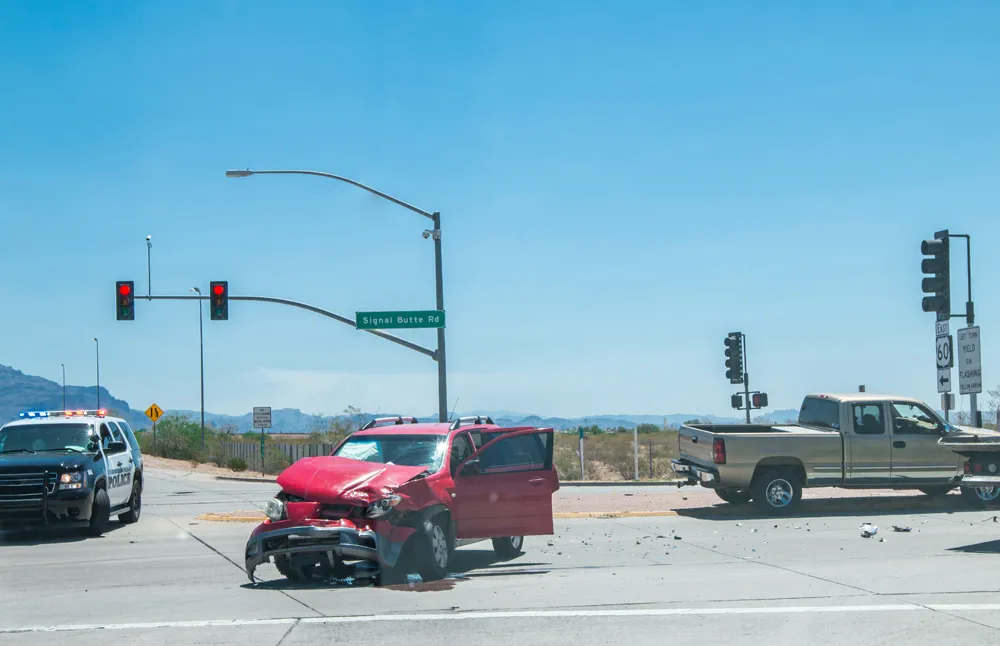Tests by the Transport Research Laboratory (
At present, raised rumble strips are only used in the UK along dual carriageways. However TRL says its research offers a good opportunity for
In the UK, rumble strips are placed primarily on the edge of dual carriageways. However, many other countries also place rumble strips along the edge as well as the centre line of dual and single carriageways to mitigate head-on, side swipe and RoR incidents.
New innovative rumble strip patterns, such as the sinusoidal design which produces less external noise, are increasingly being utilised in the USA and Europe for their higher benefits compared with traditional types.
Ready to rumble? New safety system
Tests by the Transport Research Laboratory (TRL) in the UK show that the use of rumble strips could significantly reduce crashes.
August 22, 2019
Read time: 2 mins







